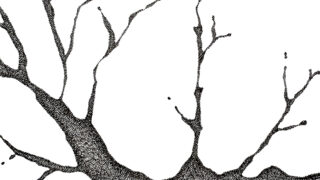
Guernica
Africa

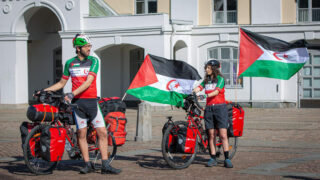
Solidarity Rising: “Sahrawis know a lot about the world, even though the world doesn’t know about them”
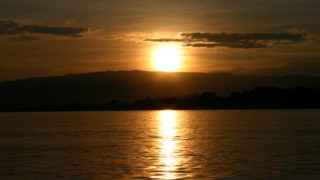
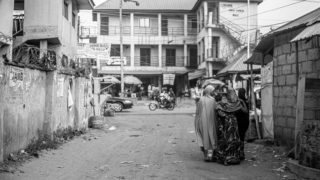
Lucky Were the Bodies
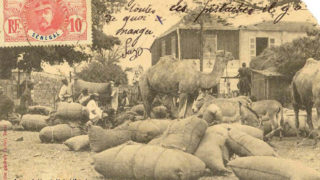
The Peanut King

Okwiri Oduor: “What is your specific lonely like?”
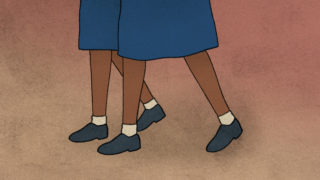
You Girls Are Good

Fault Line
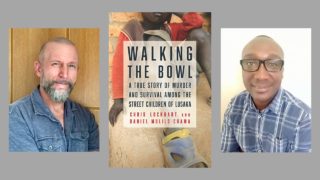
“Who Is Who and What Is What”

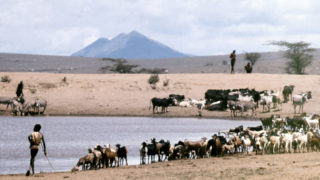
What Runs Beneath
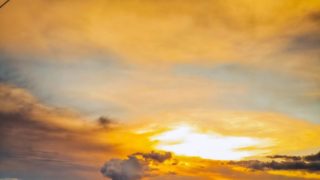
In Touch With the Breath of the World
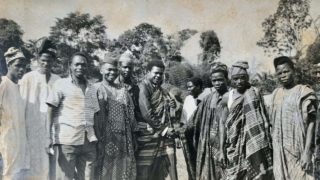
Harvesting My Father’s Mementos
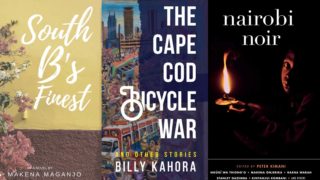
Nairobi Rising
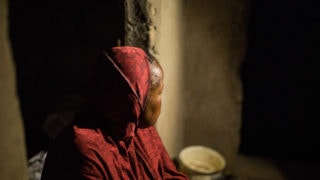
Enemies of the Public
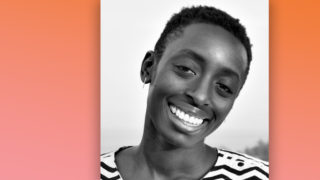
Ayesha Harruna Attah: “I Write to Find out Who I Am”
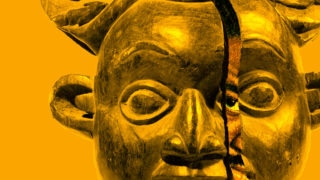
Enacting Africa
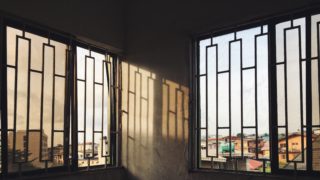
In Lagos, Space For My Thoughts To Fly
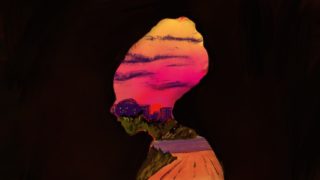
Ballots and Bloodshed: The Militarization of Local Politics in South Africa
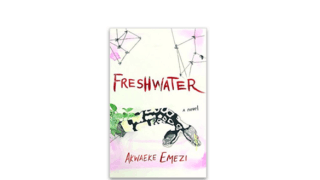
Too God, Too Human
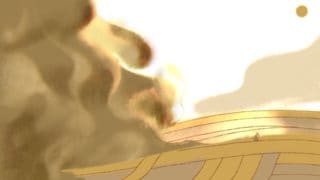
Words Disappear Here: My Journey from Somalia to Sweden
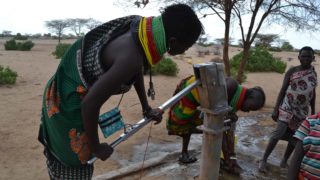
Kenya’s Thirsty Year
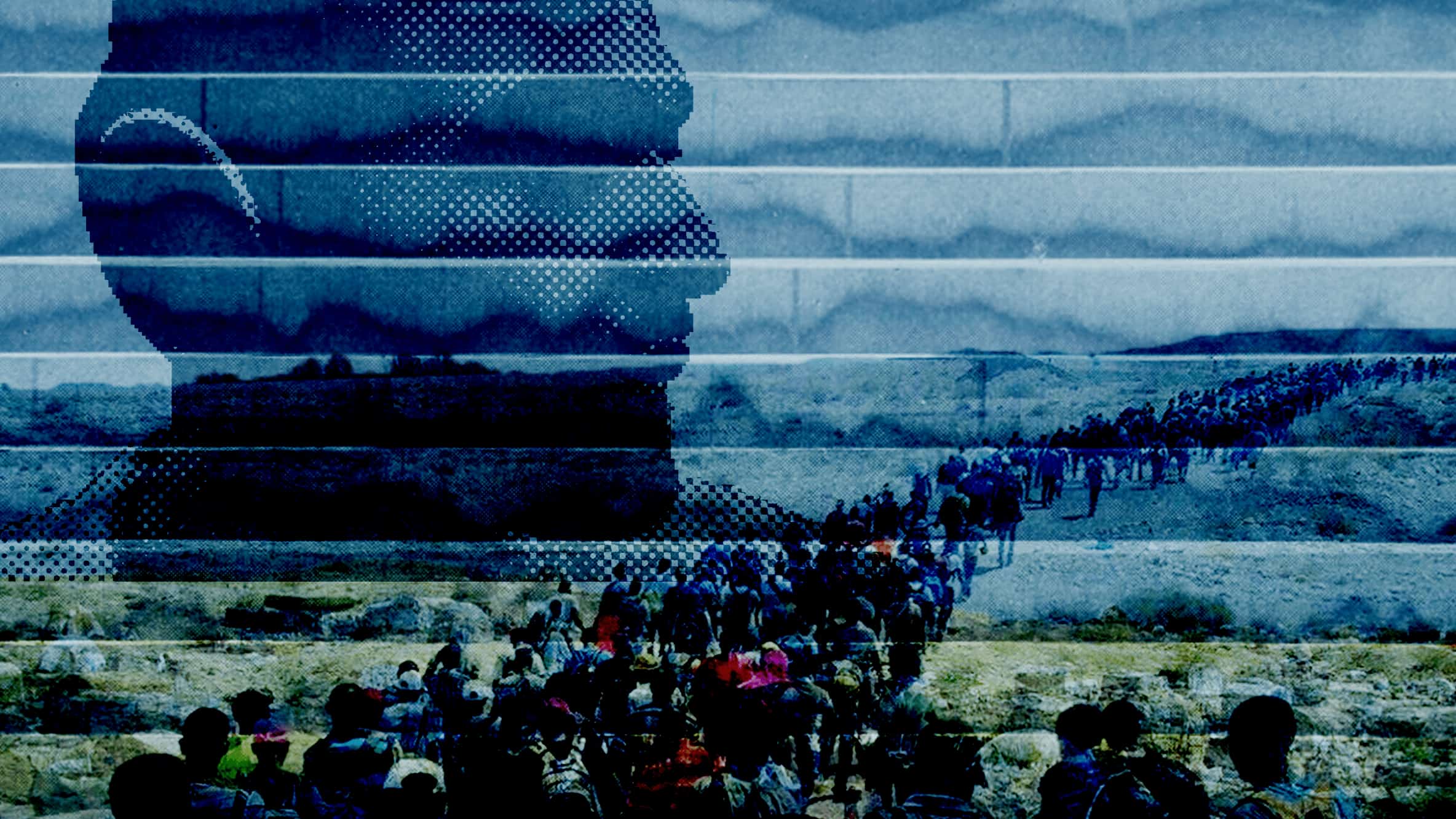
Enduring Abductions, Torture, and Tangled Asylum Laws, Eritrean Refugees’ Stories Still Go Unheard
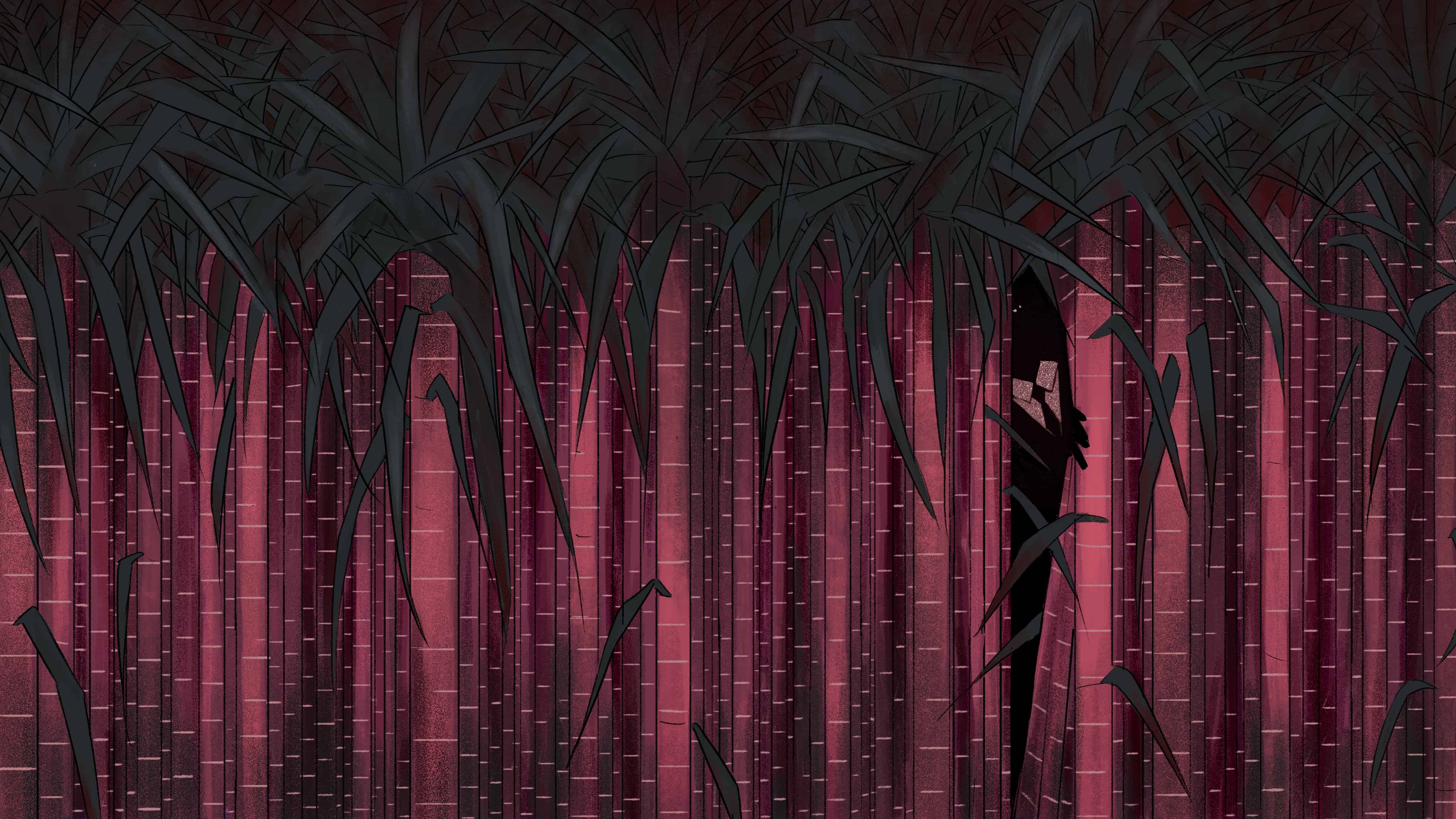
Blood and Power: Investigating a Ritual Murder in Liberia

Alexis Okeowo: Everyday Africans Fighting Extremism

Nina Simone in Liberia
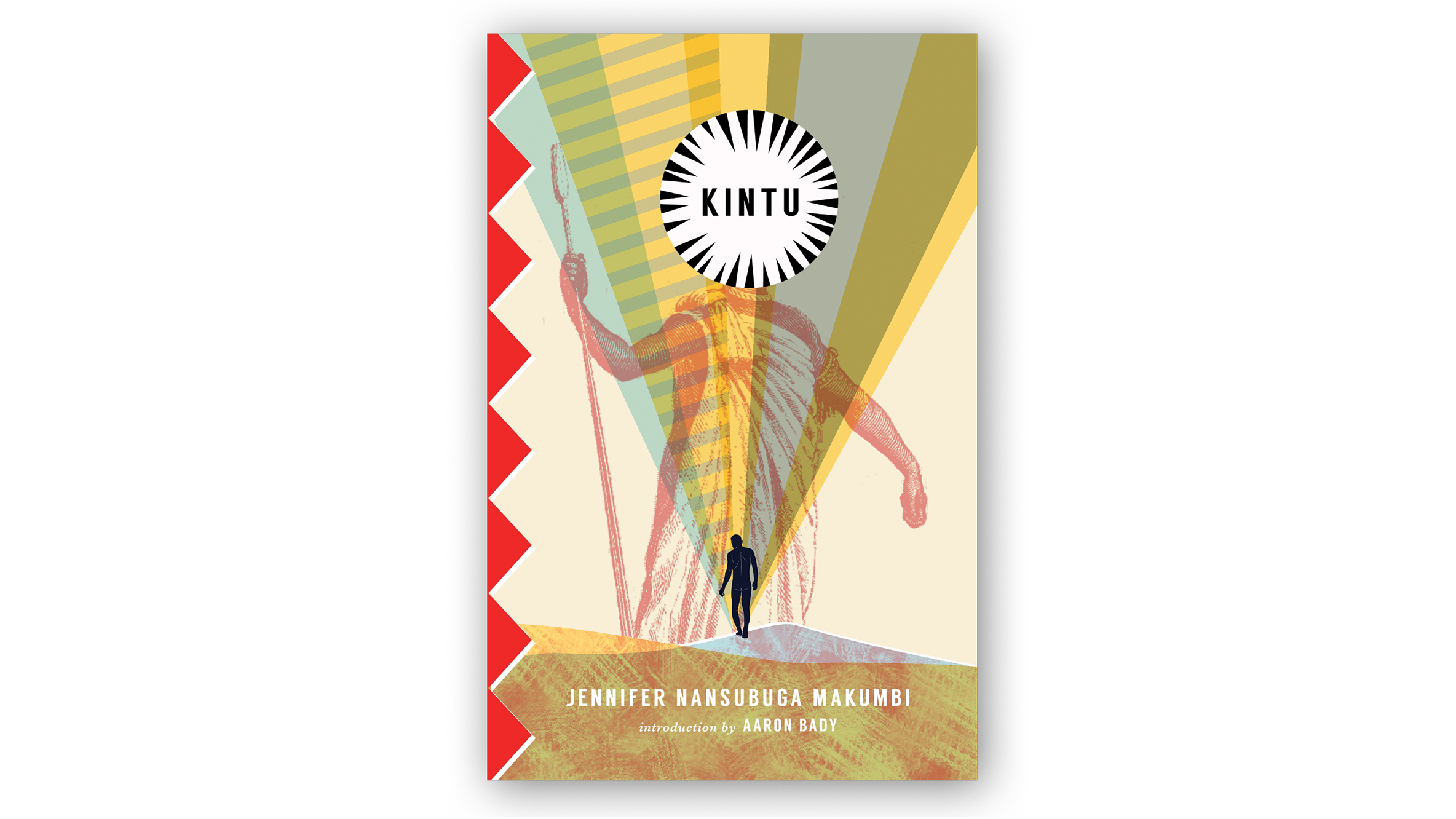
A Cross-generational Curse
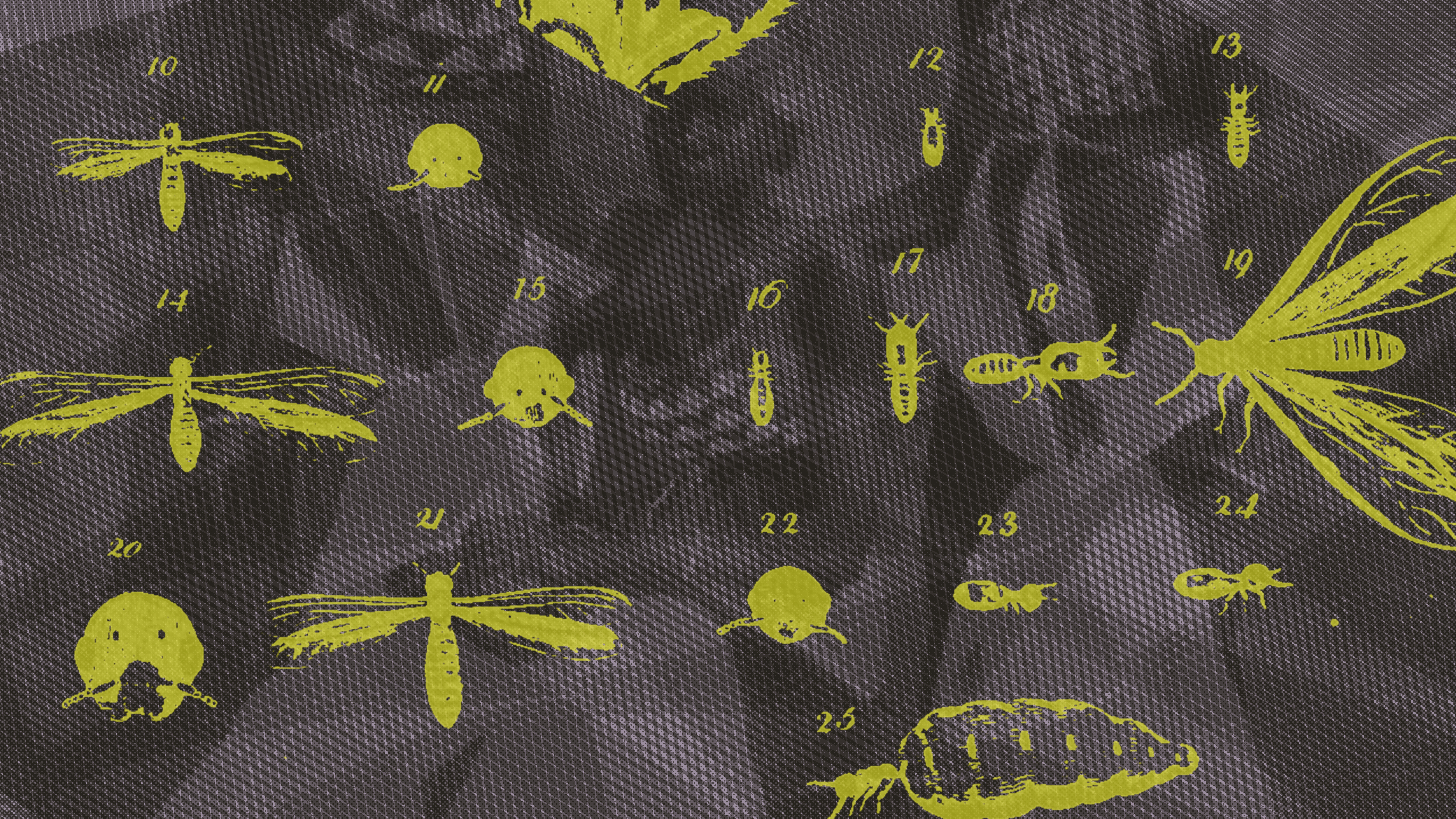
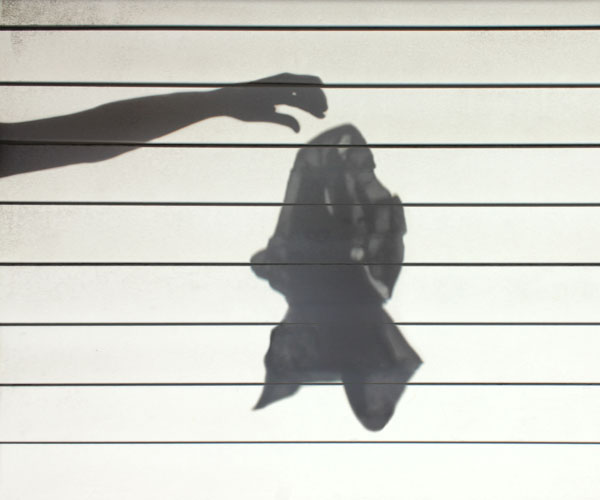
House Girl
I wasn’t allowed to enter Grace’s room when she was not at home, so I had to make haste.
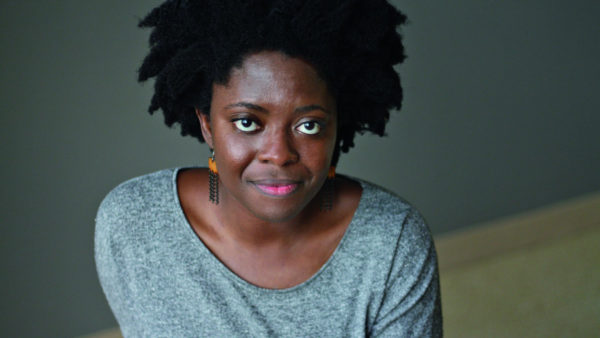
Yaa Gyasi: Taking a Long View
The author on accessibility, black desire, and holding space for complex histories.
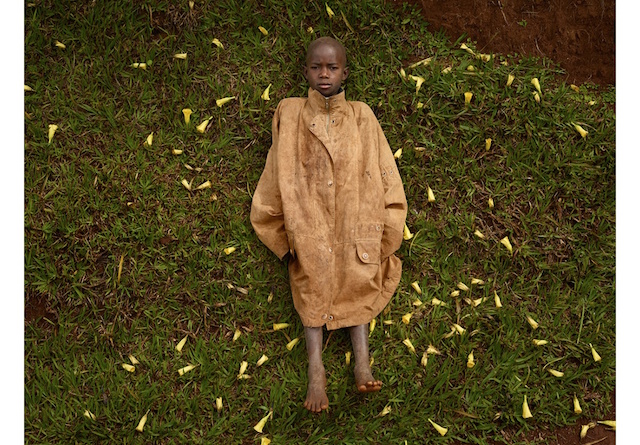
To Give Memory a Place
Pieter Hugo's latest portrait series examines the quiet afterlives of apartheid and genocide.
Cities of the Future: Bitter Almond Bushes
Cape Town is blessed in the beauty pageant of luxury tourism. Hotels, swimming pools, golf courses, and gated playgrounds proliferate to pamper the wealthy. No bounty from the seductions of one of the world’s most vibrant, pluralistic cities is shared with the low-waged who make this wealth.
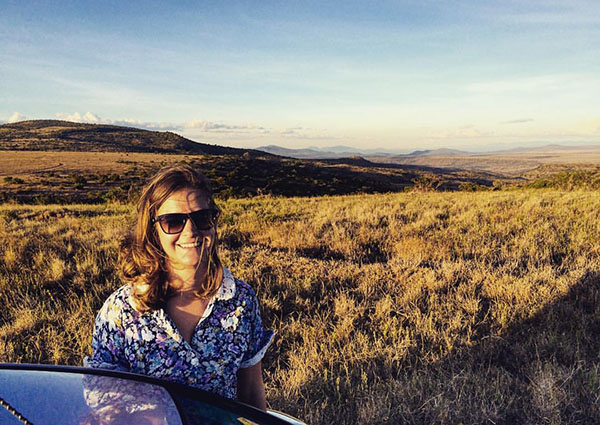
Cynara Vetch: Women, Winning
The Future of Cities: The journalist and She Shapes the City co-founder on the women behind Nairobi’s rapidly changing identity.
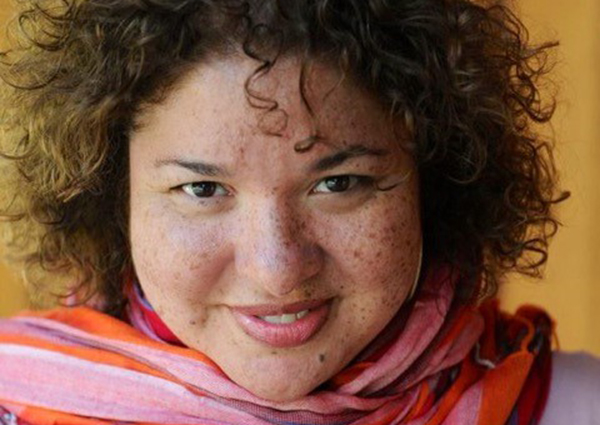
Liesl Tommy: Forget You’re Watching a Play
The director of Eclipsed on bringing the first all-female production to Broadway.
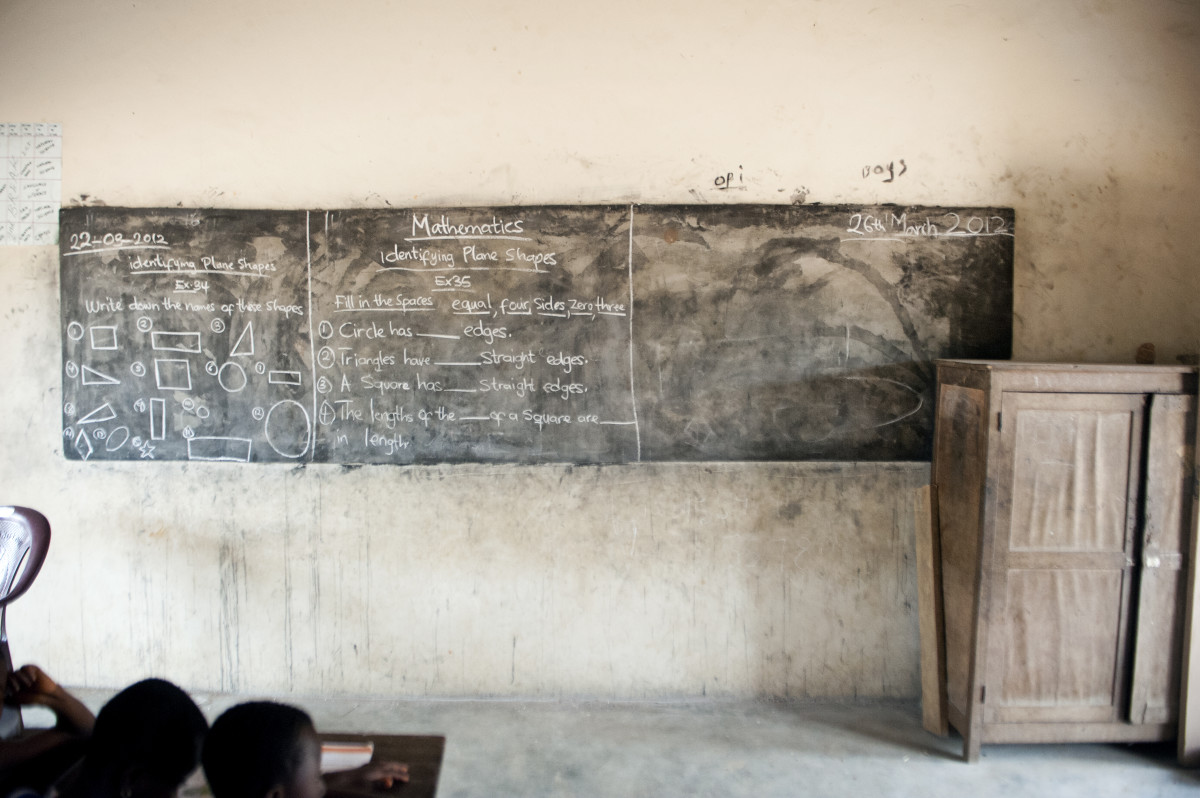
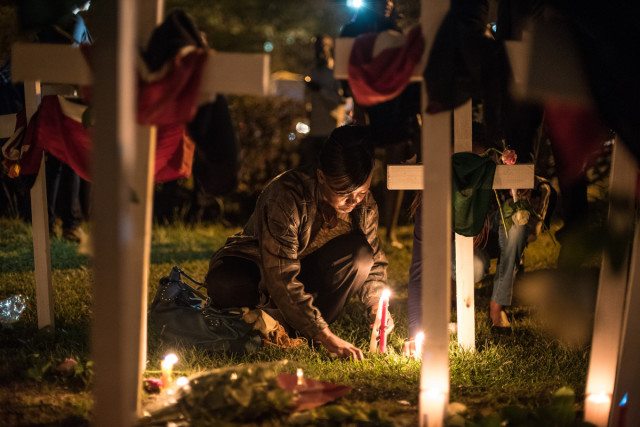
Proximal Grief
Twenty-two years later, in this era of social media, how do we mourn the Rwandan genocide?
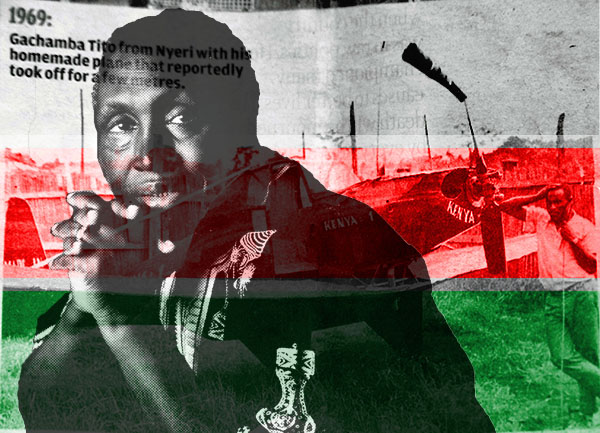
Teach Me to Be Me
Future of Language: We wanted to make Kenya our literary base from which to engage with the world.
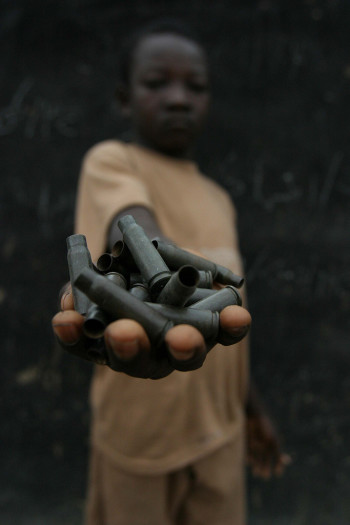
The Life of Hamet Dean
What happens to Africa’s child soldiers when the war is over?
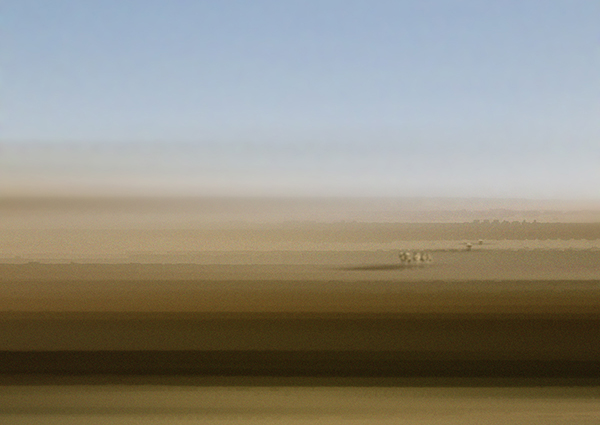
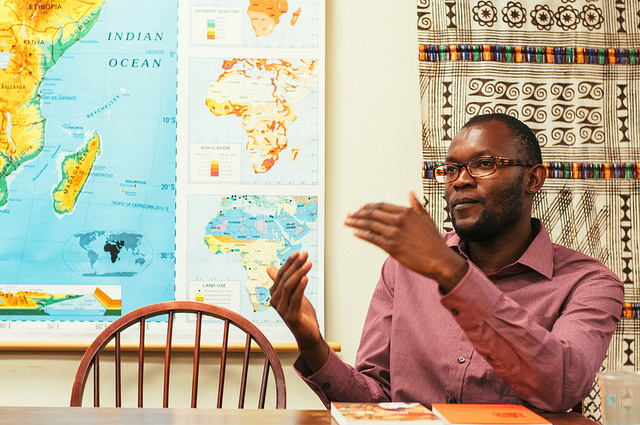
Once is a Mistake, Twice is Jazz
Fiston Mwanza Mujila’s Tram 83 is essentially an unfinished metal structure.
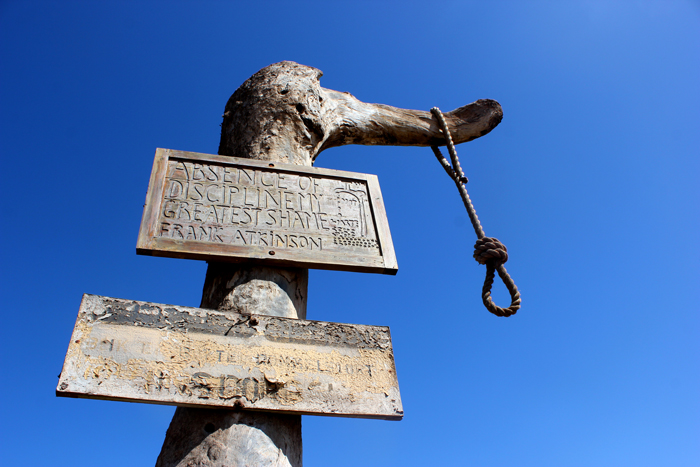
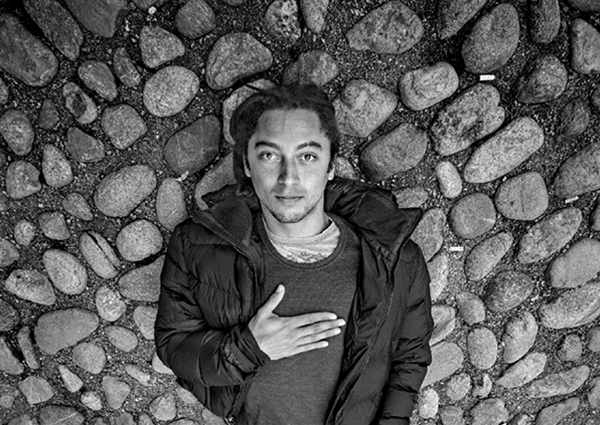
Jonas Carpignano: One Song
Boundaries of Nations: The director on depicting the African migrant experience in Italy, moving in with his film’s lead, and the “common language” of pop music.
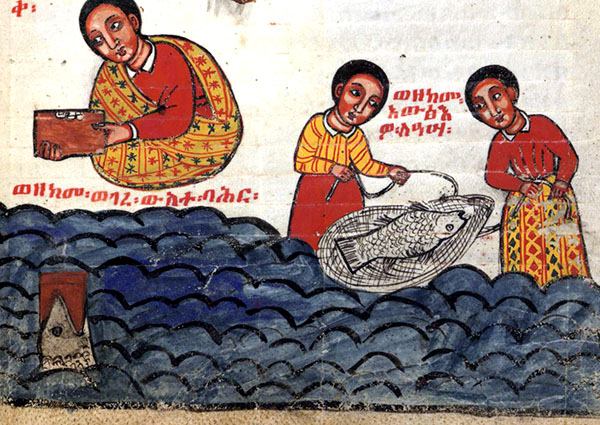
Returning to Ethiopia
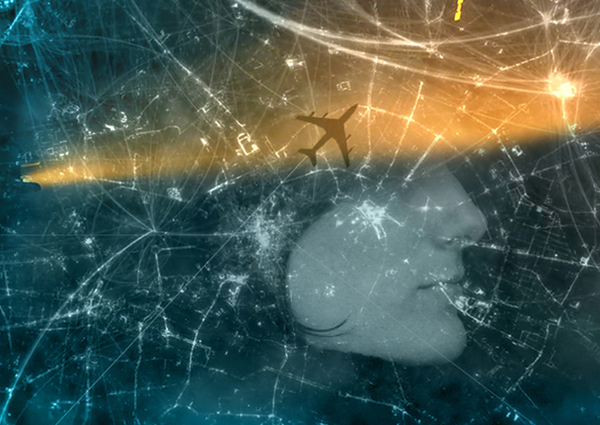
Among Strangers
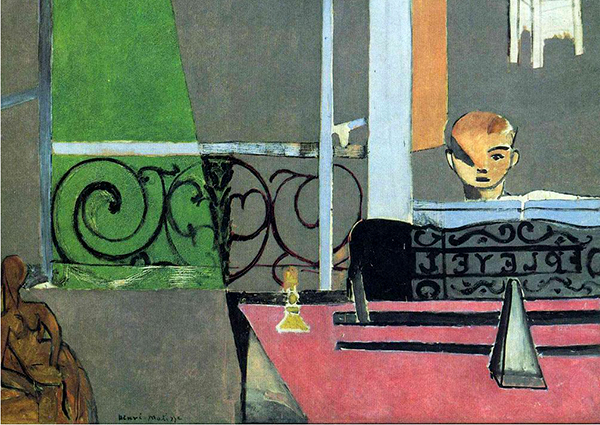
Souterrain
He led her away, down one tunnel, then another. He took her through a passage where the bones were piled so high they had to wriggle over them on their bellies.
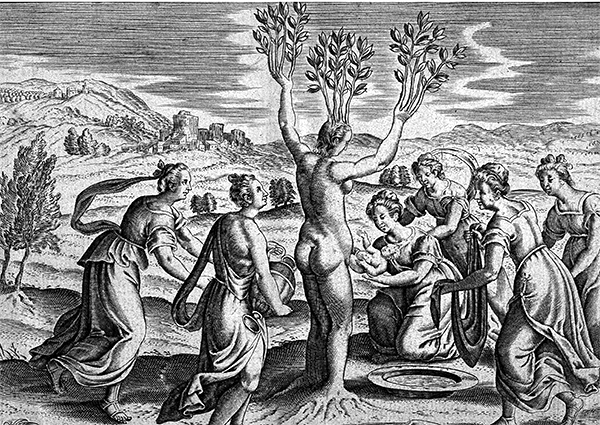
Myrrh in the Time of the Anthropocene
Boundaries of Nature: Each time my friend reaches for his resin, he taps into a global knowledge honed over millennia, a true people’s pharmacopeia.
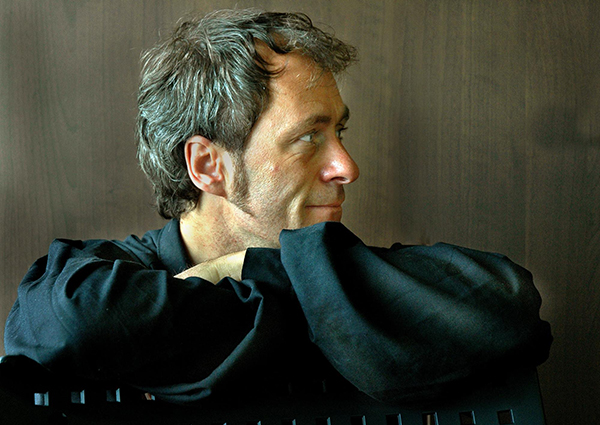
Hubert Sauper: The Alchemy of Cinema
The documentarian on white savior narratives, making enemies of gunrunners and governments, and nonfiction film as art.

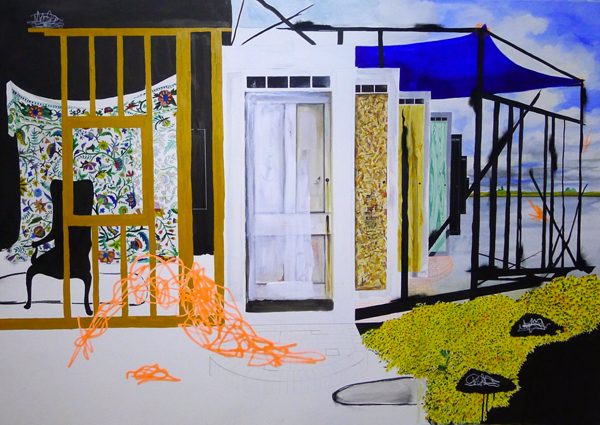
The War of Forgetting
Inspired by Eduardo Galeano, the discovery that all wars—personal, territorial, political—have afterlives in our grief and memory.
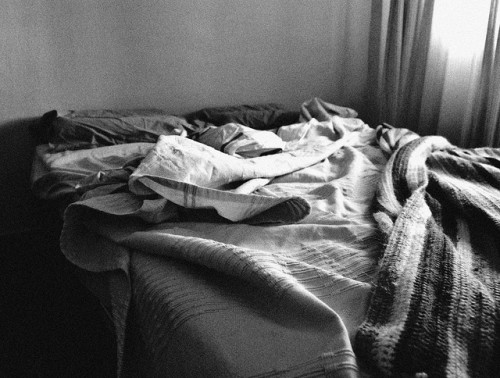

The Transformation of Mama Paulina
Boundaries of Gender: This time around, Mama Paulina would marry a woman. She was not looking for a sexual relationship, but for a wife who would provide her with sons.
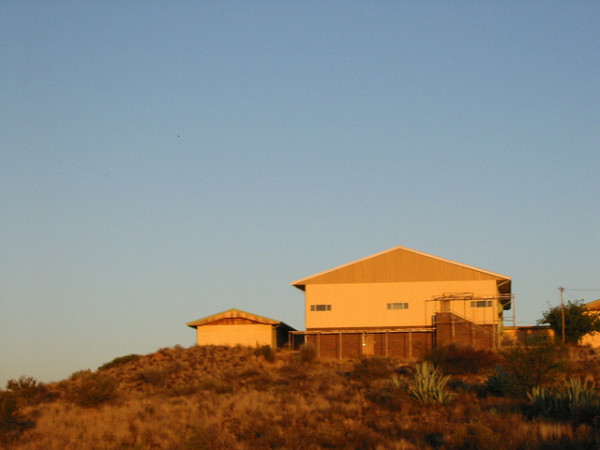
Apartheid’s Final Outpost
In Orania, South Africa’s last remaining white-only town, the country’s history of racial segregation and white supremacy lives on.
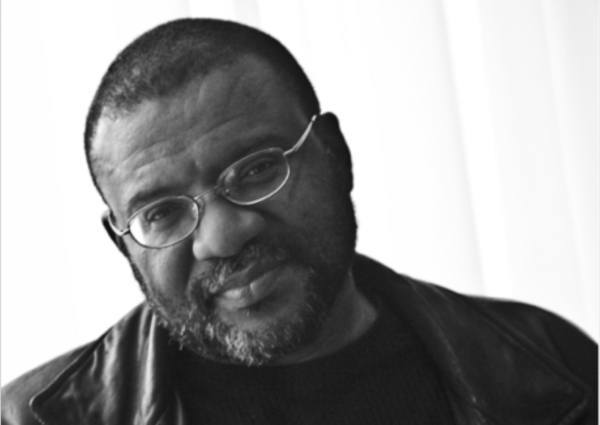
Kwame Dawes: Mitigating the Silence
The author couldn’t find a single press in the world devoted to publishing African poetry. So he created one.

Writing in the Gray Areas
Are some acts so revolting that the people who commit them do not deserve a hearing?
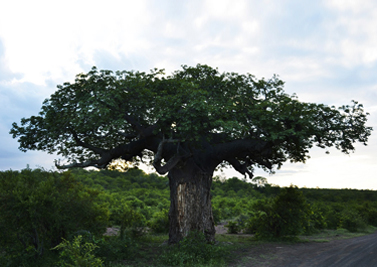
The Expedition to the Baobab Tree
I had felt him in my blood vessels, for he had come to live in me and I had begun to smell like him, and with his eyes...

Post-Intervention Libya—A Militia State

My Uncle’s Paradise
A Libyan-American returns to make sense of the country after Gadhafi’s fall.
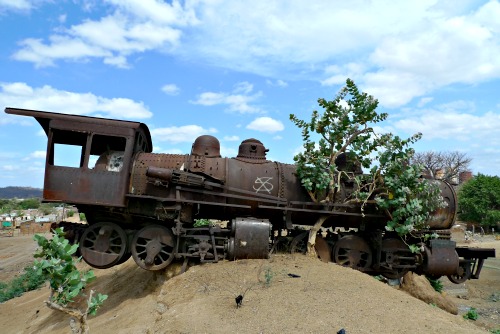
Mozambique’s Mining Boomtown
The discovery of a massive coal basin in Mozambique has kicked up a frenzy of investment, but this steroidal economy comes with a cost.
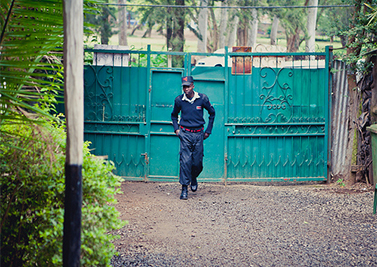
Blak Power
They are just everywhere, walking, rushing, running, toyi-toying, fists and machetes and knives and sticks and all sorts of weapons and the flags of the country in the air, Budapest quivering with the sound of their blazing voices: Kill the Boer, the farmer, the khiwa.
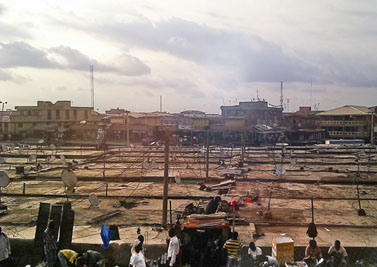
A Man of the People
He takes her hand, careful to keep his eyes away from her dominant breasts, her full pouty lips, and they begin in the living room.
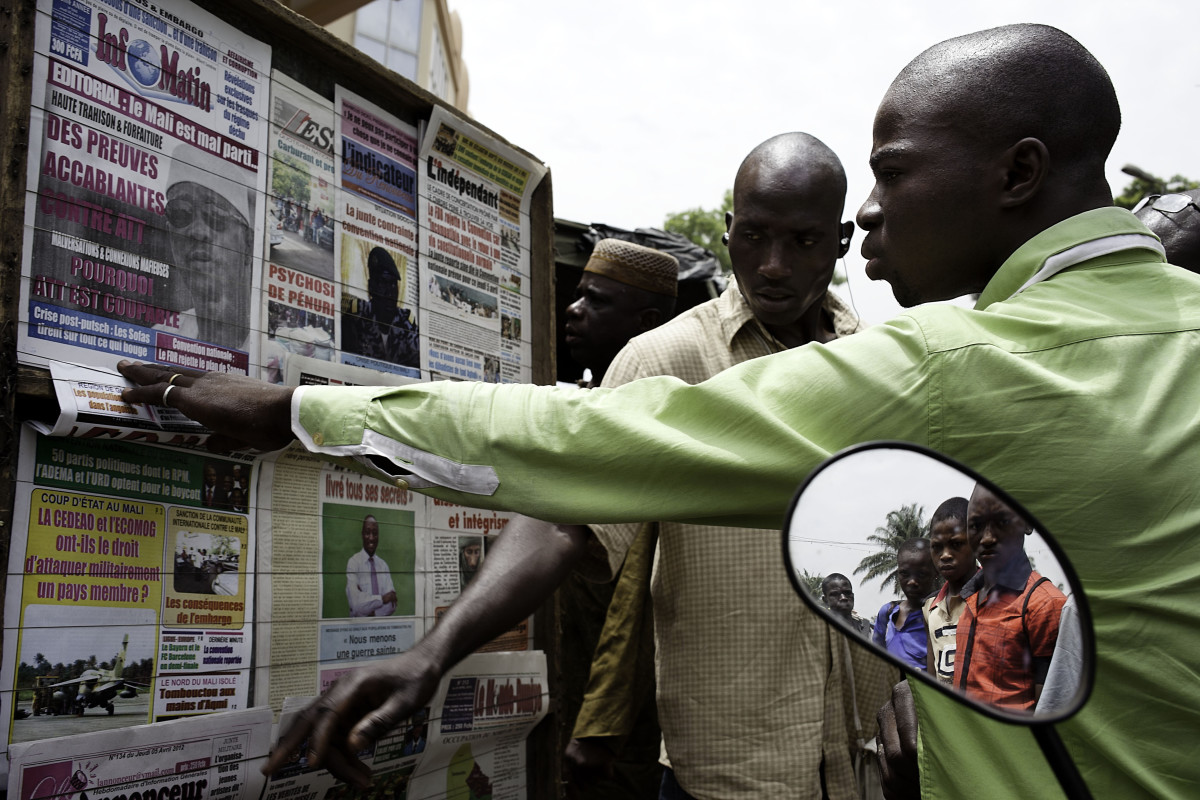
A Mystery Airstrike and Mali’s “Inevitable” War
Calls for a Western intervention in northern Mali, now being called “Africa’s Afghanistan,” rely on logical fallacies and ignore recent history.

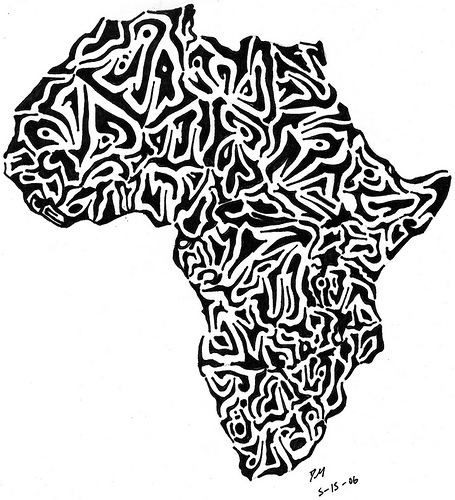
Obama’s Scramble for Africa
Secret wars, secret bases, and the Pentagon’s “new spice route” in Africa.
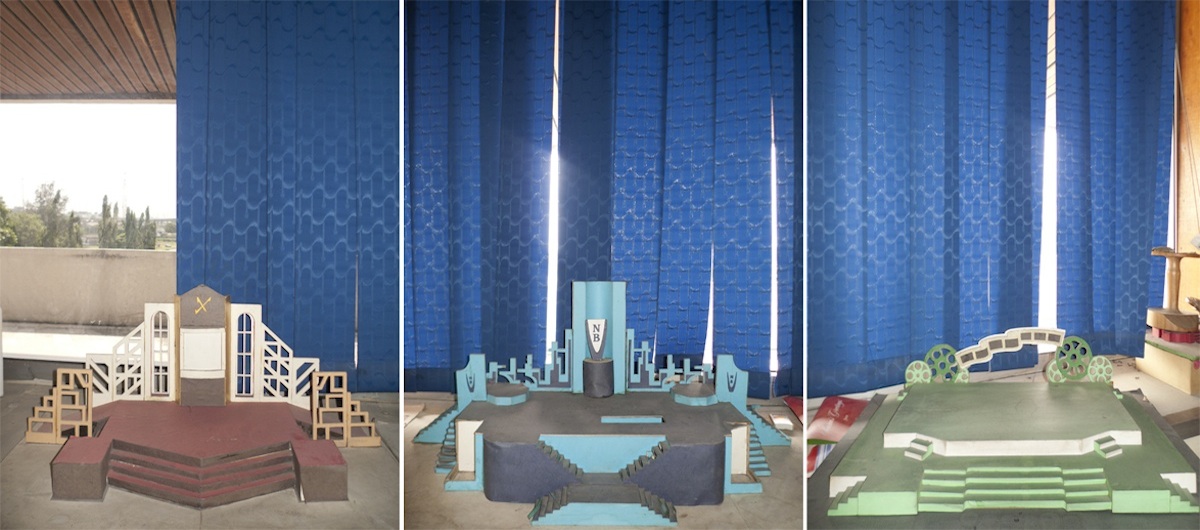
Andrea Stultiens’s Images of Emptiness
Photos of empty performance spaces in Lagos capture the spirit of Fela Kuti's famous nightclub and strip back the chaos of one of the world's busiest cities.
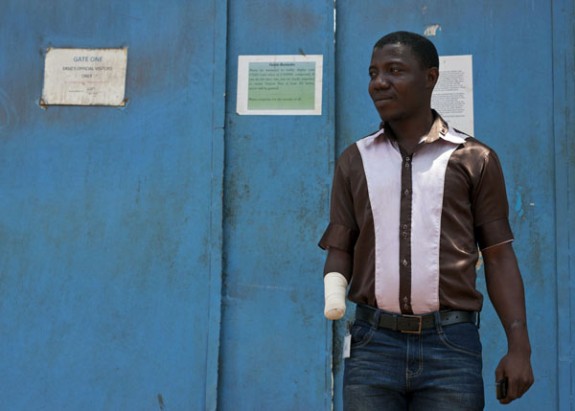
Charles Taylor and the Limits of Justice
Jabati Mambu, a Sierra Leonean severely wounded in the civil war, watches as the Hague hands down a war crimes verdict.
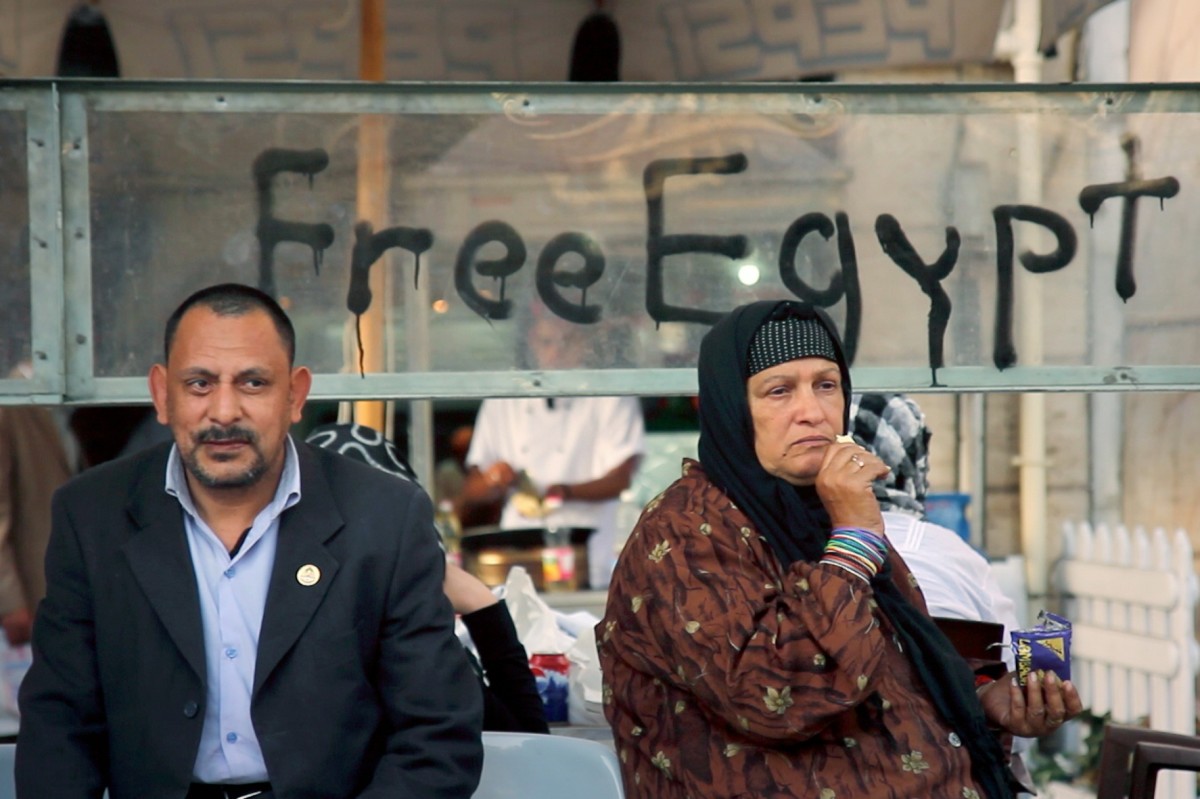
Mai Iskander: After the Revolution
Mai Iskander, director of Words of Witness, talks with Ela Bittencourt about the reporting/activism dilemma, Egypt’s disappeared, and the rule of law under Morsi.
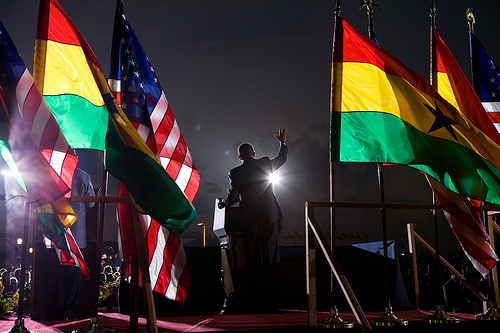
Old Ideas for the New Africa
Obama's "new" Africa policy prioritizes security over democracy. But the continent is changing rapidly, and U.S. policy needs to adapt--here's why.
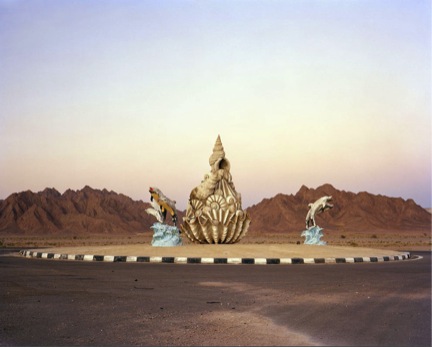
Egyptorama
Photographer Julien Chatelin’s images capture Egypt’s surreal and absurd rural landscape; a road that leads to nowhere.
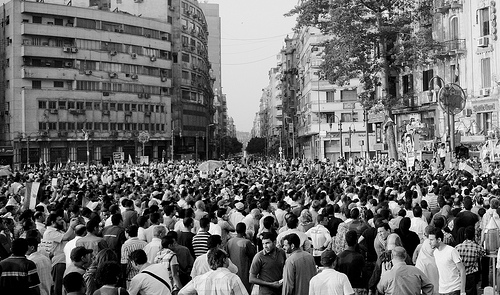
After the Revolution
A year after the Arab Spring, Egyptian voters must choose between a Mubarak minister and a Muslim Brotherhood candidate. How did we get from Tahrir Square to here?
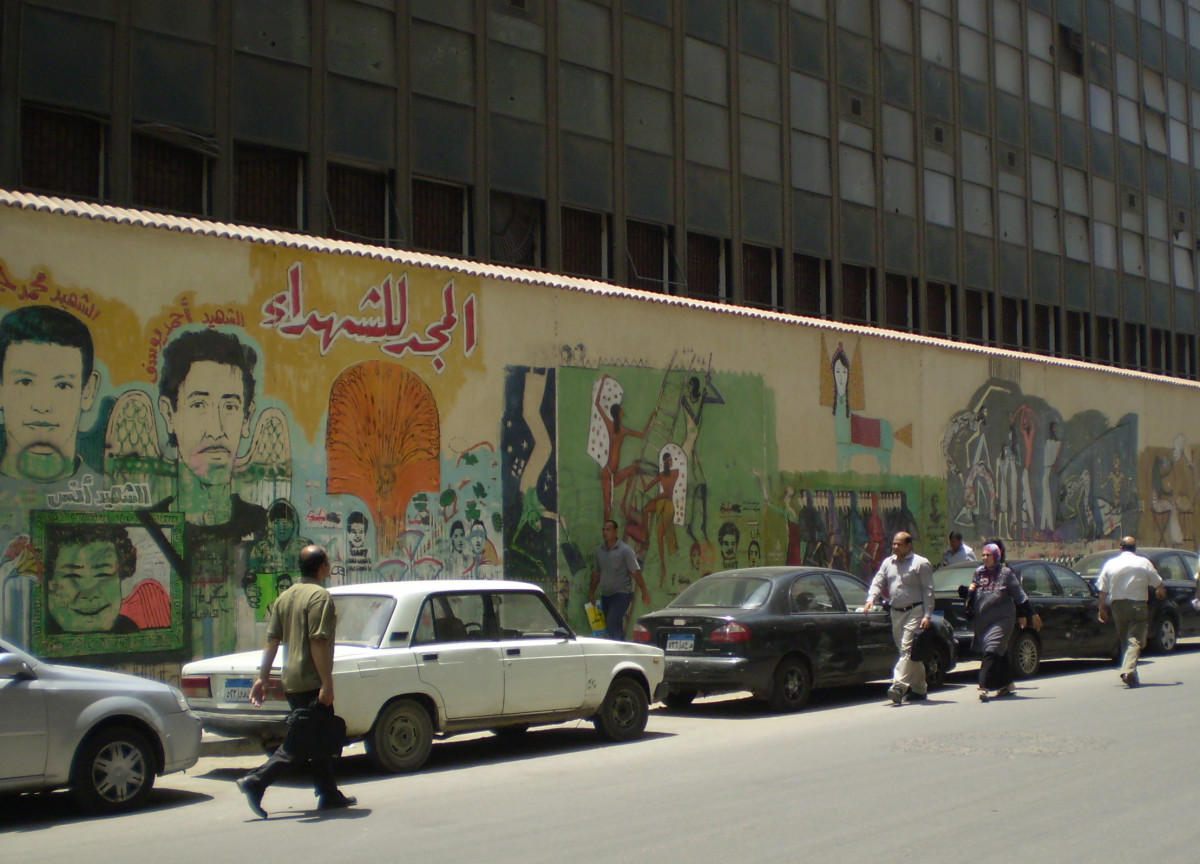
The Half-Life of a Revolution
Egypt's presidential election is a tremendous opportunity for the Egyptian people, but does not come without risks.
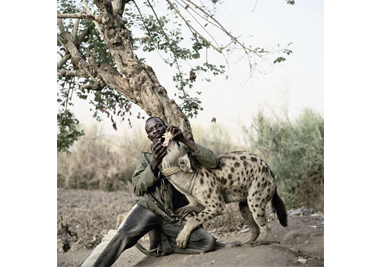
Pieter Hugo: Photography and Other Truths
South Africa's Pieter Hugo on negotiating representations of Africa, the searing controversy surrounding his work, Nick Cave, and his friend the late Tim Hetherington.
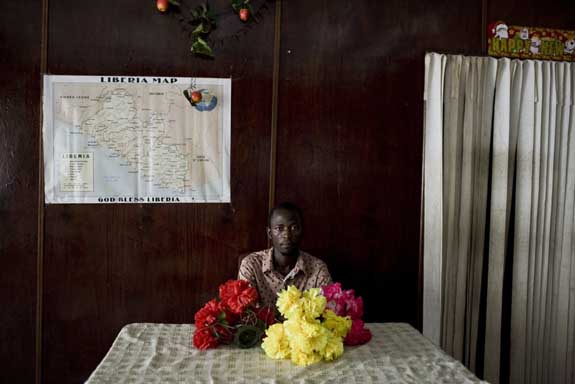
The House That Doe Built
Can Liberia's celebrated president win the trust of her people?
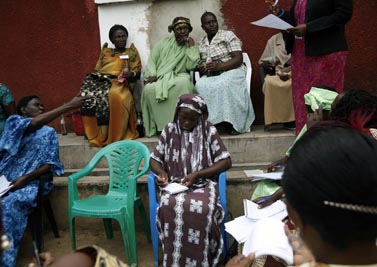
Northern Uganda, Visible
Kony 2012 is the starting point—but not the ending point—for this collection of images

Stanley Greene: Nigerians Documenting Nigerians
The famous documentary photographer on the importance of Nigerians archiving their own history.
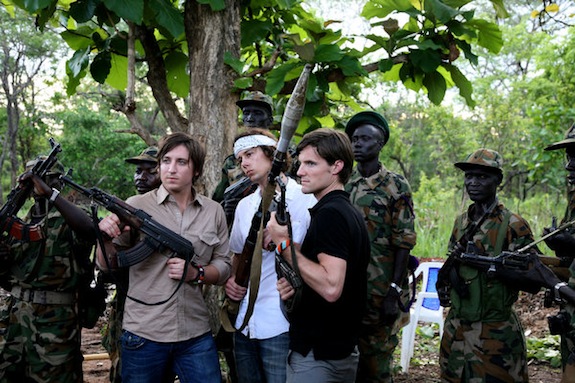
Is Invisible Children for Real?
South Africa

Why Are You Here?
Chimamanda Ngozi Adichie on branding, charity, and class in Nigeria's schools.

Azu Nwagbogu: Picturing Africa
Liberia’s Fraught Election
The Art of the Shakedown, from the Nile to the Potomac
Welcome, South Sudan, to Google Maps! It’s Only Been Two Months Since Your Independence
Five Reasons to Stop Africa’s Tallest Dam
| The construction of a dam in Ethiopia threatens tribes’ standard of living and promises to be profitable only for those already in a position of power. |
Two Million Dead—Now What’s That South Sudan Independence About?
| We all like pageantry (Kate and William and all), but the South Sudan independence story shouldn’t bury the strategic angle. |
Libya Update…Featuring Media and Congress as Daffy Duck
| The why of the massive bombing of Libya continues to grow more nonsensical. Congress is baffled into paralysis, and our major media stick to the most honorable interpretation—despite evidence to the contrary. |
Meakin Armstrong: Egypt and the American Fever Dream
For over 30 years, we gave Egypt the shaft, because it was in our national interest to do so. Now it’s time for Egypt to find out where its own interests are, without a strongman leading the way. The country has a difficult and terrible road to walk.